 Your new post is loading...
 Your new post is loading...
Learning doesn't have to be a "loner" experience.
Russian psychologist Lev Vygotsky suggested that knowledge is constructed through our interactions with others.
MOOCs (Massive Open Online Learning) leverage our inherent social needs by bringing people together to learn the same material in a virtual group. Students can express what they're feeling and experiencing with others in a shared space, making the learning journey more enjoyable and less daunting.
As people gain confidence, they often enjoy friendly competition with fellow learners to push themselves to compete exercises and assignments. Recognition is part of our need for building self-esteem—and some courses have gamification built in to reward student accomplishments and community helpfulness. Learn more / En savoir plus / Mehr erfahren: https://www.scoop.it/t/21st-century-learning-and-teaching/?tag=Social+Learning
Via Gust MEES
The author "Gust MEES" has given courses about ICT in EDUcation and to the public willing to learn about the use of computers and the internet (youth, adults and seniors) up from 2002! The courses were given on a "Face To Face", individual "coaching" where "Teambuilding" occured and was welcome as well... There was NO time limit for the learners, those WHO needed MORE time as others to understand the given course(s) were coached till THEY understood it, while (at the same time) the OTHERS helped on place AND through the internet with THEIR collaboration till the whole class was ready. Meanwhile while THOSE WHO understood it got NEW stuff to learn as well... SO... Learners were students and teachers at the same time and THEY enjoyed learning, teaching and discovering NEW stuff... Learn more / En savoir plus / Mehr erfahren: https://www.scoop.it/t/21st-century-learning-and-teaching/?&tag=Gust-MEES https://www.scoop.it/t/21st-century-learning-and-teaching/?&tag=eBook
Via Gust MEES
"Check out the 10 Trends for Personalized Learning in 2017,under the five categories: Process, Technology, Structural, Teaching & Learning, and Cultural ..."
Via Leona Ungerer, Dean J. Fusto
Am 22. Oktober fand im Alvisse Hotel in Dommeldange die erste „Cryptoparty for Kids“ im Rahmen der Hack.lu statt.An die zwanzig Kinder im Alter von 7 bis 12 hatten sich zu diesem BEE SECURE Event eingefunden und erhielten umfassende Erklärungen zu den gegenwärtigen Informations- und Kommunikationstechnologien und wie sie sich mit existierenden Sicherheits-Methoden gegen Gefahren im Internet schützen können. Desweiteren wurden sie spielerisch in die Kunst der Verschlüsselung eingeführt.
Via Gust MEES
Most educators would be aware of the term ‘growth mindset’ by now. The idea is you can work on being smarter. Whatever abilities and talents you have are just a starting point, if you work hard, make mistakes and keep trying, you can achieve. Teachers are using it to encourage and motivate children in their classrooms.
But there is another application for this idea; it can be used as an underlying ethos for the professional learning of teachers.
The term ‘growth mindset’ has developed from work of Professor Carol Dweck. Her research is psychological in nature. She is particularly interested in the areas of motivation and development. Learn more: http://www.scoop.it/t/21st-century-learning-and-teaching/?tag=Growth+Mindset
Via Gust MEES
Implementing and Researching Technological Innovation in Language Teaching takes a case study approach to investigate the integration of the interactive whiteboard (IWB) into the teaching of English as a Foreign Language (EFL) in French schools. The study highlights the advantages of collaborative action research for stimulating and supporting language teachers in innovative experimentation, and seeks to enhance our understanding of the challenges and opportunities inherent in this process. Utilising a framework which can inform further research into innovative practices with other interactive technologies, this book offers a research design and instruments suitable for assessing classroom adoption of the IWB. In this way, the study provides insights into general processes of technological innovation in language teaching and learning which is of relevance to further research and teacher development in today's new learning environments
Via Shona Whyte, Julie Laporte, Juergen Wagner
Scannen Sie QR-Codes überall von unterwegs aus und öffnen Sie Texte, Bilder, Websites etc. ohne Angst vor mobilen Bedrohungen. GRATIS.
Via Gust MEES
Online security companies have been making their predictions for 2015, from the malware that will be trying to weasel its way onto our computers and smartphones to the prospect of cyberwar involving state-sponsored hackers.
Here’s a summary of what you should be watching out for online in 2015, based on the predictions of companies including BitDefender, KPMG, AdaptiveMobile, Trend Micro, BAE Systems, WebSense, InfoSec Institute, Symantec, Kaspersky, Proofpoint and Sophos. The links lead to their full predictions.
Read more: http://uk.businessinsider.com/beyond-phishing-experts-predict-the-cybercrime-of-2015-2014-12?utm_content=bufferbd004&utm_medium=social&utm_source=twitter.com&utm_campaign=buffer?r=US#ixzz3N3npIVff
Via Gust MEES
|
السّلام عليكم ورحمة الله وبركةه SEMANTICS Lecture : Dian, S.Pd., M.Pd. 2. SYAIMA FAUZIYAH ANWARI Definition of SEMANTICS and The Study Word Meanings3. Definition of SEMANTICS What is semantics?4. What is Semantics? • The study of meaning of words, phrases, and sentences. – Lexical semantics (words and meaning relationship among words) – Phrasal/ sentential semantics (syntactic units larger than a word) • What a speaker conventionally means (objective or general meaning)- not what he is trying to say (subjective or local meaning)5. Semantics is a sub discipline of linguistics which focuses on the study of meaning. Semantics tries to understand what meaning is as an element of language and how it is constructed by language as well as interpreted, obscured and negotiated by speakers and listeners of language.6. How can we describe the meaning of different words? • Three types of semantic analysis: –Words as ‘containers’ Semantic features – ‘roles’ they fulfill Semantic roles – ‘relationship’ with other words lexical relation7. Semantic features • Syntactically correct sentences but semantically odd. – The hamburger ate the man. – My cat studies linguistics. – The table listens to the radio • This relates to the conceptual components of the words ‘hamburger, cat & table’ not human.8. Semantic Features • Semantic properties: The components of meaning of a word. • Meaning as collection of properties/features typically with two possible values (+ / -) • Example of componential analysis: baby is [+ young], [+ human], [+animate]and so on... Learn more / En savoir plus / Mehr erfahren: https://www.scoop.it/t/21st-century-learning-and-teaching/?&tag=Semantic-Web
Via Gust MEES
Empathy is systemically related to all of the abilities on the compass, particularly to self-awareness at "true south." Research suggests that the more children become aware of themselves, the better they become at understanding others. Volumes have been written about how to teach empathy, and there is still much to learn. In an excellent article from the Greater Good Science Center at the University of California, Berkeley, author Roman Krznaric, Ph.D., claims that highly empathetic people:
Cultivate curiosity about strangers
Challenge prejudices and discover commonalities
Gain direct experience of other people's lives
Listen and open themselves to others
Inspire mass action and social change
Develop an ambitious imagination
All of these behaviors foster personal growth and lifelong learning while contributing to the growth of society, particularly empathy's role in inspiring social change.
Learn more / En savoir plus / Mehr erfahren: http://www.scoop.it/t/21st-century-learning-and-teaching/?&tag=Empathy
Via Gust MEES
In the classroom, subjects are often presented as settled and complete. Teachers lecture students on the causes of World War I, say, or the nature of matter, as if no further questioning is needed because all the answers have been found.
In turn, students regurgitate what they’ve been told, confident they’ve learned all the facts and unaware of the mysteries that remain unexplored. Without insight into the holes in our knowledge, students mistakenly believe that some subjects are closed. They lose humility and curiosity in the face of this conceit.
But our collective understanding of any given subject is never complete, according to Jamie Holmes, who has just written a book on the hidden benefits of uncertainty. In “Nonsense: The Power of Not Knowing,” Holmes explores how the discomforting notions of ambiguity and uncertainty affect the way we think and behave. Confronting what we don’t know sometimes triggers curiosity. Show how the process of discovery is often messy and non-linear. Rather than present breakthroughs as the logical result of a long trek toward understanding, teachers can share with students how discoveries are often made: through trial and error, missteps, happy accidents and chance. Firestein describes scientific discovery as “groping and probing and poking, and some bumbling and bungling, and then a switch is discovered, often by accident, and the light is lit.” All the poking around in the unknown, he adds, is what makes science exhilarating. Learn more / En savoir plus / Mehr erfahren: http://www.scoop.it/t/21st-century-learning-and-teaching/?tag=curiosity http://www.scoop.it/t/21st-century-learning-and-teaching/?tag=Serendipity
Via Gust MEES
" Are You Prepared For The Future Of Social Learning? by Krish Kupathil, Mobiliya R = e –t/s where R is retention, T is time and S is strength. A formula detailing a chemical reaction, or the new math behind a social media outreach strategy? Actually, an expression of the ability to remember, discovered by the German psychologist Herman Ebbinghaus. Known as the famous Forgetting Curve, it hypothesized the decline of memory retention over time. In fact we now know that 50 percent of formal learning is forgotten within the first hour. With this statistic in mind, it is surprising that our formal education system –our schools, colleges and universities— has primarily relied on conventional learning methods to deliver information. Until even a few decades ago, schools, colleges and even professional organizations saw learning happening through structured modules, courses and programs delivered by the ‘head’ of the class, typically a teacher or trainer, to a group of passive listeners. With the Internet exploding with information resources and tools for learning, teachers can be facilitators of information with a greater emphasis on explanation and critical thinking as opposed to the dissemination source. Formal learning systems have in some cases been slower to adopt this model, rightfully concerned with accuracy of material and consistency; yet with ever increasing numbers of individuals accessing information in learning environments, the necessity of these formal systems to adopt technological change is very clear." Learn more: https://gustmees.wordpress.com/2015/10/29/if-i-would-own-a-company-what-skills-would-i-expect-from-my-workers-in-21st-century/ https://gustmees.wordpress.com/2015/07/19/learning-path-for-professional-21st-century-learning-by-ict-practice/
Via EDTECH@UTRGV, juandoming, Gust MEES
Instructional coaches (IC's) are one group that are a bit more removed from students. Don't jump to any negative conclusions with that last sentence. What I mean is that, although they impact students in positive ways, they are a bit more separated from the consistent daily involvement that classroom teachers have with students.
Instructional coaches can have an enormous impact on the teaching and learning that happens in a school. Technology coaches help bridge the learning gap between teachers and technology. Content coaches can help teachers gain a better understanding of standards and subjects. Instructional coaches can help teachers improve their instructional practices in any subject at any time.
There are at least five reasons why schools should have instructional coaches. It's not that all teachers are weak and need help. It's about the idea that we all have blind spots (Otto Scharmer) and coaches can help others see their blind spots. According to this article in the New Yorker, even doctors have coaches to help them improve and see their blind spots. Learn more: https://gustmees.wordpress.com/2014/07/10/education-collaboration-and-coaching-the-future/ https://gustmees.wordpress.com/2015/07/19/learning-path-for-professional-21st-century-learning-by-ict-practice/
Via Gust MEES
The 2015 Mobile Learning Trends Infographic explores what role mobiles are playing in shaping up the workplace learning scenario. These trends with mobile learning are evidence to the fact that we are on the brink of a new era of learning – through the mobile device
Via Miloš Bajčetić
|



 Your new post is loading...
Your new post is loading...

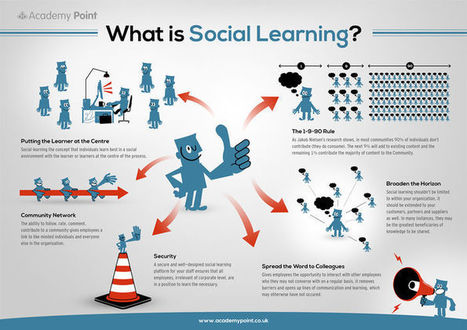

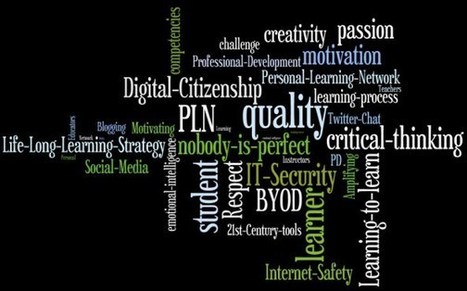


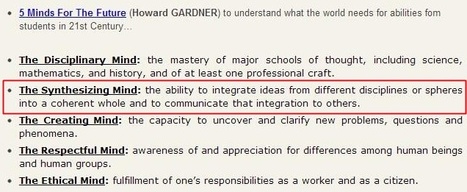
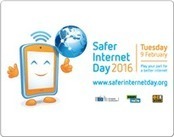
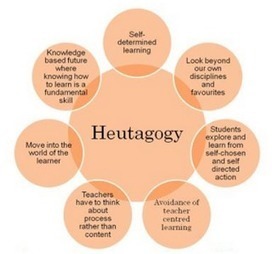







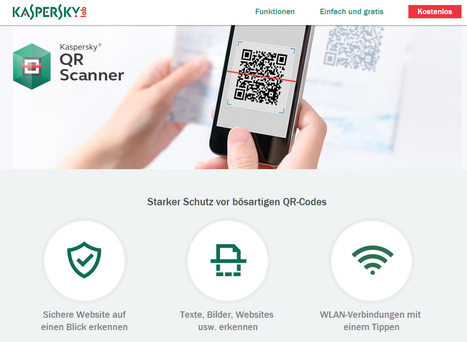



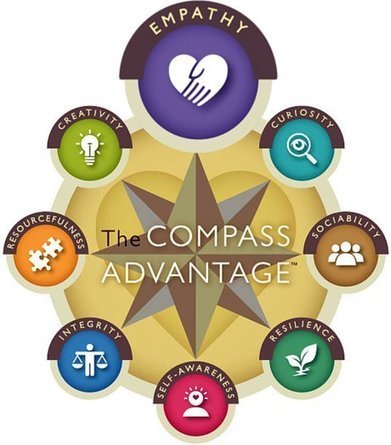



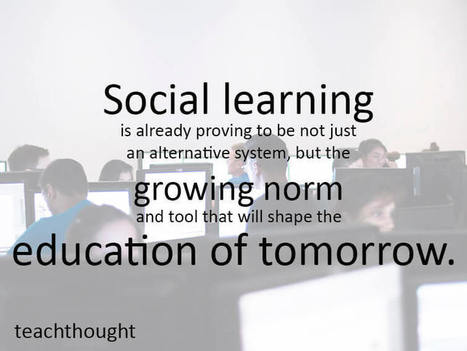





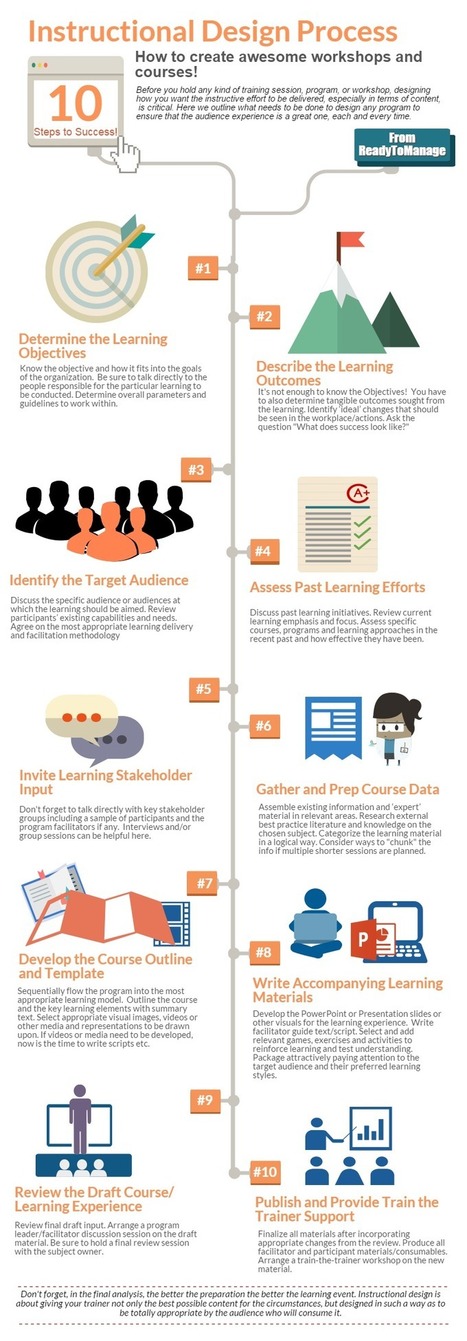

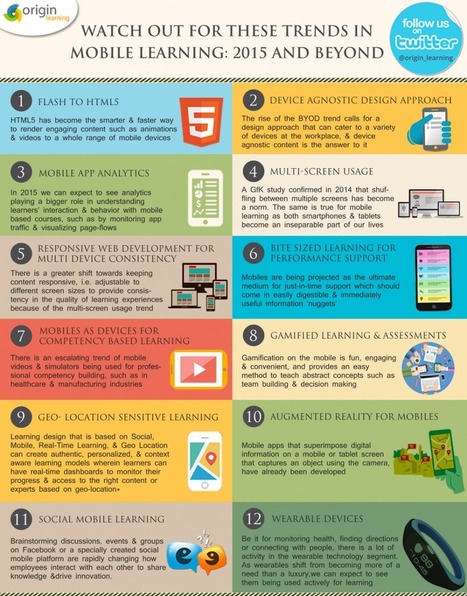

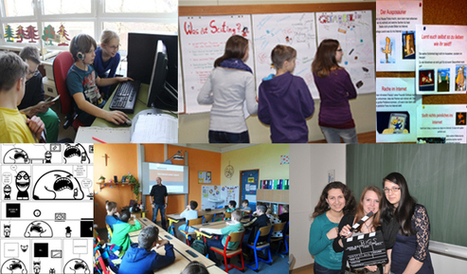





Russian psychologist Lev Vygotsky suggested that knowledge is constructed through our interactions with others.
MOOCs (Massive Open Online Learning) leverage our inherent social needs by bringing people together to learn the same material in a virtual group. Students can express what they're feeling and experiencing with others in a shared space, making the learning journey more enjoyable and less daunting.
As people gain confidence, they often enjoy friendly competition with fellow learners to push themselves to compete exercises and assignments. Recognition is part of our need for building self-esteem—and some courses have gamification built in to reward student accomplishments and community helpfulness.
Learn more / En savoir plus / Mehr erfahren:
https://www.scoop.it/t/21st-century-learning-and-teaching/?tag=Social+Learning
This is an interesting intro to social constructionism as it applies to eLearning. I hope the MOOCs do what they suggest and are not just an attempt to throw jargon out there.